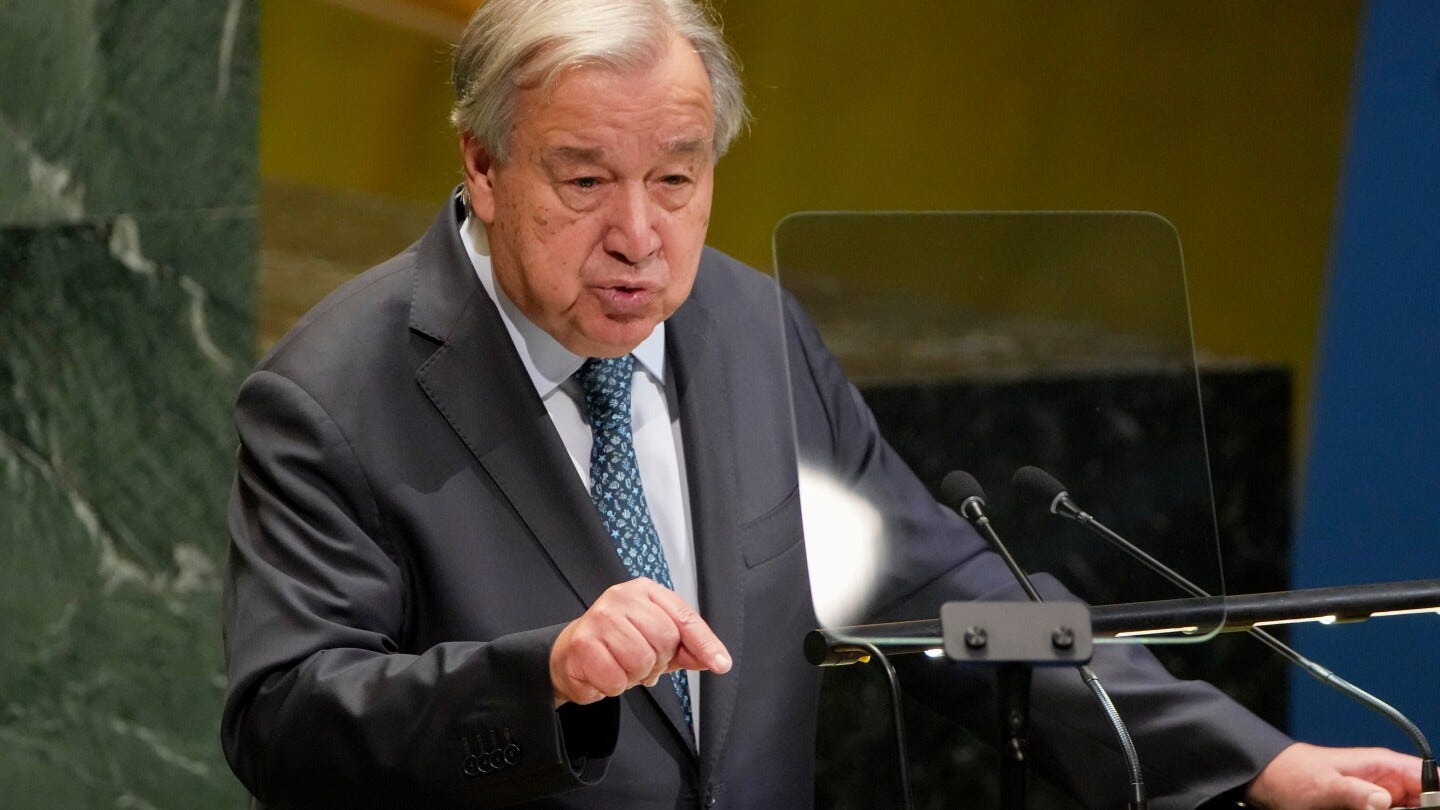The Tyranny of ‘Me First’: Why National Self-Interest Is Our Collective Downfall?
We often hear calls for global unity, but what happens when nations prioritize their own agendas above all else? This article dives into the unsettling truth of why ‘America First’ mentalities, and similar nationalistic impulses, threaten our shared future, exploring the historical echoes and the path forward for a truly united humanity.
When the World Cries for Unity, But Nations Choose Division
It’s a stark image, isn’t it? The UN Secretary-General, Antonio Guterres, standing before the world, pleading for peace, for unity, for nations to set aside their narrow self-interests to tackle the monumental challenges we all face – war, poverty, climate chaos. You might imagine a wave of consensus, a collective nod of understanding. Yet, almost simultaneously, we witnessed the stark counter-narrative: ‘America First’ proudly proclaimed, signaling a retreat from global collaboration into the perceived safety of nationalistic silos. French President Emmanuel Macron didn’t mince words, observing that the world, a mere 80 years after the UN was founded to prevent another global cataclysm, feels like it’s ‘breaking down’. As someone who believes in the power of shared vision, I find this dichotomy both frustrating and profoundly dangerous.
The Ancient Tug-of-War: ‘Us’ vs. ‘Everyone’
This isn’t just a modern political squabble; it’s an ancient philosophical tension. On one side, we have the undeniable reality that global problems like climate change and pandemics don’t respect borders – they demand global solutions. Humanity’s survival seems inextricably linked to our ability to cooperate. On the other, we have the deeply ingrained human tendency, magnified at the national level, to prioritize ‘us’ above ‘them’. Thinkers like Machiavelli understood this human inclination towards self-preservation and power. He once noted,
Men are always more easily led to believe what they want to believe.
– Niccolò Machiavelli
This inclination, when applied to nations, often manifests as a focus on immediate national gains, even if they come at the expense of long-term global stability. The challenge lies in bridging this gap, in convincing ourselves that our individual national destinies are deeply intertwined with the fate of all.
A Historical Mirror: Why We Keep Repeating Ourselves
We’ve been here before. The League of Nations, born from the ashes of World War I, ultimately failed because powerful nations retreated into isolationism and self-interest, unable to forge the collective will needed to prevent another global conflict. The UN rose from that very failure, a testament to the idea that we simply cannot afford to go it alone. Yet, even with its institutions, the power of national sovereignty frequently trumps universal consensus. It’s a sobering thought that despite all our advancements, we still grapple with the same fundamental flaw: prioritizing short-term national advantage over the long-term well-being of our shared planet. This cycle of division in the face of universal threats represents humanity’s most dangerous self-sabotage. It is a psychological trap, where the immediate, tangible benefits of nationalistic policies overshadow the slow, cumulative, and often catastrophic costs of global neglect.
Go Deeper
Step beyond the surface. Unlock The Third Citizen’s full library of deep guides and frameworks — now with 10% off the annual plan for new members.
Finding Our Way Back to ‘We’: A Personal and Collective Challenge
So, where do we go from here? It’s tempting to feel helpless in the face of such enormous geopolitical forces. But I believe the path forward involves a fundamental shift in perspective, both individually and collectively. It requires recognizing that ‘enlightened self-interest’ in the 21st century means contributing to global stability. A stable world, free from pandemics, climate disasters, and endless conflicts, directly benefits every nation. As historian Yuval Noah Harari eloquently states,
Humanity faces global problems that require global solutions. If we want to survive and flourish, we must raise our sights and develop loyalties to humankind as a whole.
– Yuval Noah Harari
This isn’t about erasing national identity, but about expanding it to include our shared humanity. It means demanding leaders who champion cooperation, and recognizing that our individual choices, from what news we consume to how we vote, contribute to the larger narrative of unity or division. The choice, ultimately, is ours to make: to succumb to the tyranny of ‘me first’ or to rise to the challenge of ‘us all’.



